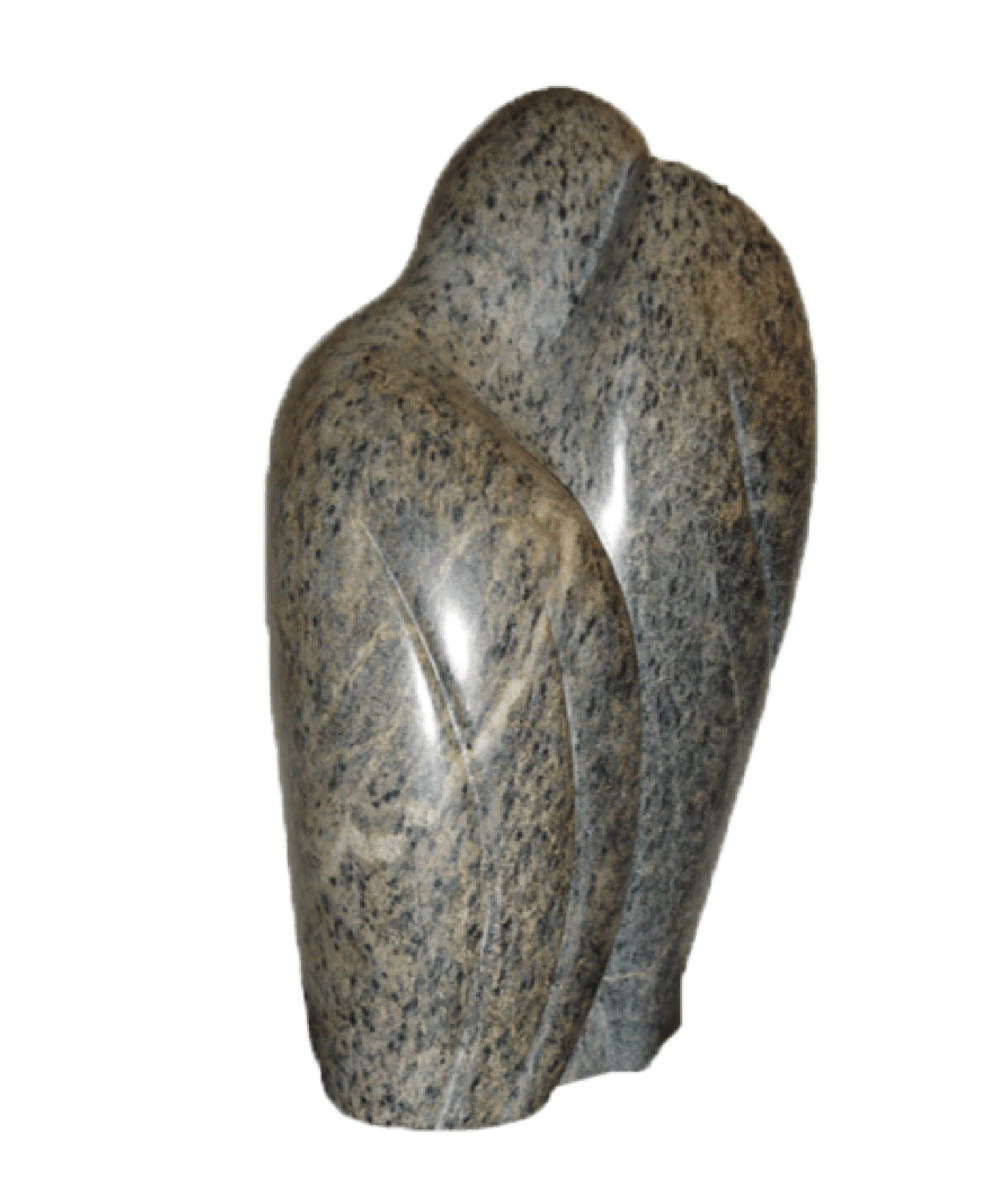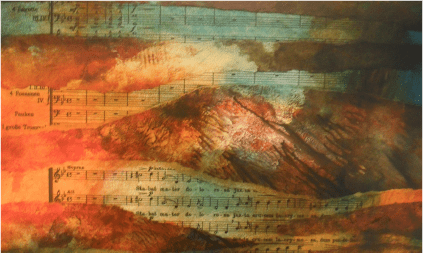Vladimir Martynow
About the composer
From Wikipedia: Vladimir Martynov is a Russian composer, born in 1946 in Moscow. He is a leader of the generation of composers of the Soviet Union, born after World War II, who pursued avant-garde courses at a time when official disfavour of such styles brought severe penalties to career development, but did not carry the physical risks of earlier years in the USSR. He studied piano as a child and gained an interest in composition. Vladimir Martynov enrolled in the Moscow Conservatory where he studied piano under Mikhail Mezhlumov and composition under Nikolai Sidelnikov, graduating in 1971. Since the fall of the Soviet Union, he has written works that take on large Christian themes, such as Apocalypse (1991), Lamentations of Jeremiah (1992), Magnificat (1993), Stabat Mater (1994), and Requiem (1998). One of his major compositions is a nearly hour-long piece called Opus Posthumum (1993), devoted to the idea that “a man touches the truth twice.” The first time is the first cry from a new born baby’s lips and the last is the death rattle. Everything between is untruth to a greater or lesser extent.” He also composed a much shorter Opus Prenatum and a work called Twelve Victories of King Arthur of Seven Pianos (1990).
About the Stabat Mater
| Date: | 1994 |
| Performers: | Strings and voices (male and female) |
| Length: | 24.24 minutes |
| Particulars: | The composition is divided into six parts. |
| Textual variations: | Stanza 13 is not sung. |
| Colour bar: |
|
Information about the recording
| CD: | Longarm Records CDLA 03031 |
| More info: | The title of the cd, TEMENOS, is connecting the two works (Stabat Mater and Requiem). It means ’the territory around the temple’. On that territory Vladimir Martynov creates this new sacred space. The composition was recorded in Moscow (Mosfilm Studio) in 2003. |
| Orchestra: | Ensemble Opus Posth |
| Choir: | Sirin & Alkonost choirs |
| Conductor: | Tatiana Grindenko |
| Other works: | Requiem, Vladimir Martynov |
| Code: | 2009 MART-01 (227) |





